This summer was probably the one when everyone finally began to travel again after the long pandemic. Thanks to EAA’s support and KAKENHI grant (23K01229), I had the opportunity to attend the European Association of Japanese Studies (EAJS) conference, which took place at Ghent University in Ghent, Belgium, from August 17 to August 20, 2023. This event brought together scholars, researchers, and enthusiasts of Japanese Studies from across Europe and beyond, providing a platform for the exchange of ideas and the exploration of various facets of Japan. It was my first time participating in this conference, but I learned that many of my colleagues had attended in the past, and I had the chance to meet and connect with them. In fact, Professor YANAGI Mikiyasu also participated (as you can see the photo in the report below and we were joined by a graduate student who received support from EAA to attend the event).
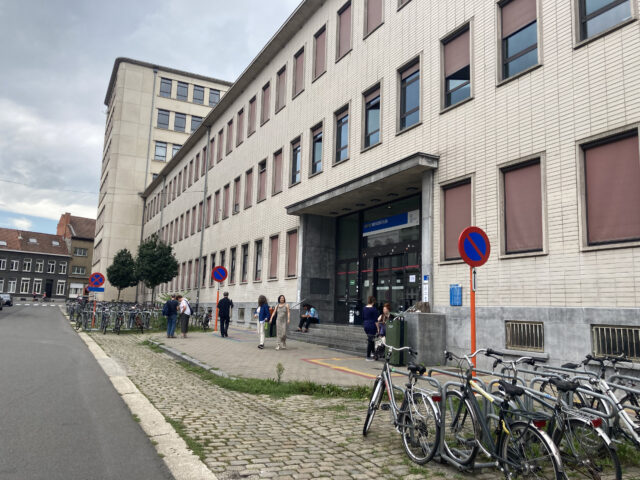
Through my presentation titled ‘Navigating the Pathway of Conservative Mobilization in Japan,’ where I explored the socio-political factors contributing to conservative mobilization across Japan using event data, I received insightful and inspiring comments. Additionally, I had the opportunity to connect with researchers in Europe who share similar research interests, and we discussed plans for future collaboration. Participating in other sessions also provided me with valuable inspiration. One of the greatest features of this conference is that it brings together experts from all disciplines related to Japan, allowing you to choose and attend sessions both within and beyond your own field of expertise.
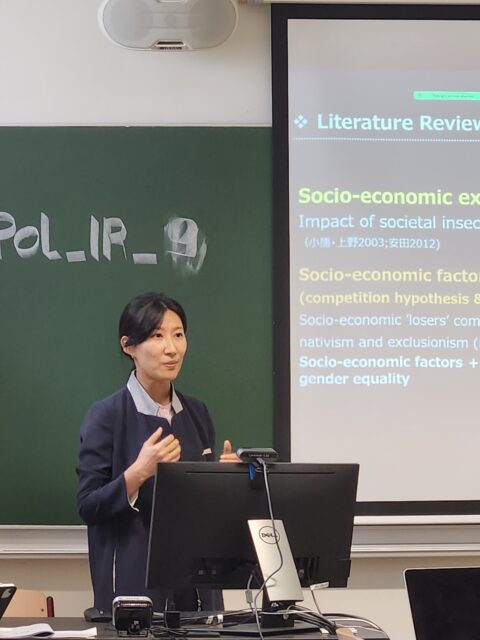
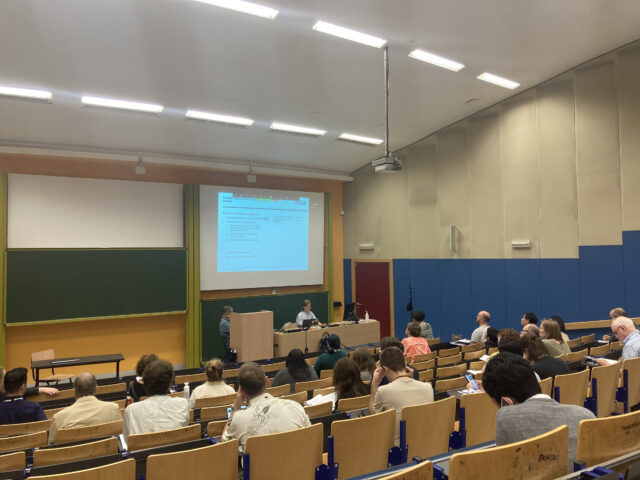
Ghent was an unfamiliar city to me, especially when compared to other well-known European cities. However, it offered a truly unique experience by allowing us to immerse ourselves in the atmosphere of Northern Europe’s medieval period. This experience was both novel and refreshing, especially for someone like me who primarily studies contemporary society and as far as to modern society a little, so being in Ghent felt like living in two different eras, seamlessly transitioning between the medieval and contemporary worlds, with no middle ground in between.
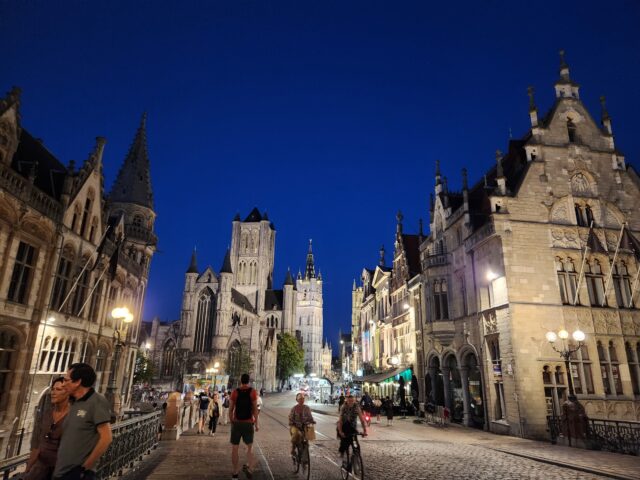
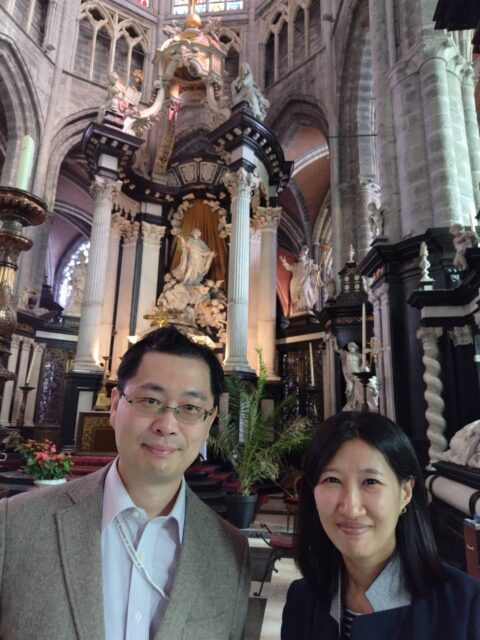
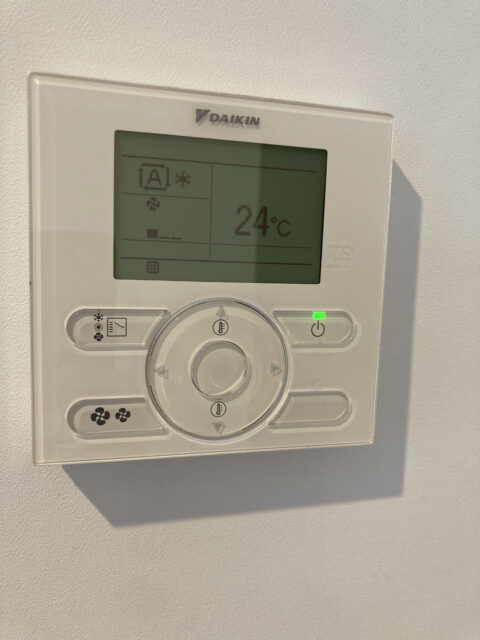
Not to mention, it was an invaluable opportunity to engage with fellow academics, share my research findings, and gain insights into the latest developments in the field of Japanese Studies. After emerging from the long tunnel of the pandemic, cherishing the experience of meeting people in person and traveling, I look forward to more international exchange and interaction facilitated by EAA.
KOO Yoojin (EAA Project Associate Professor)








